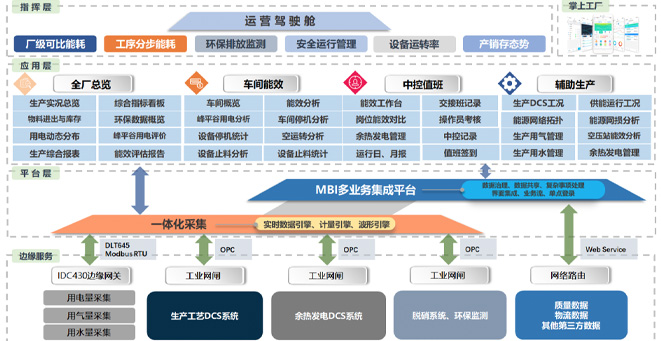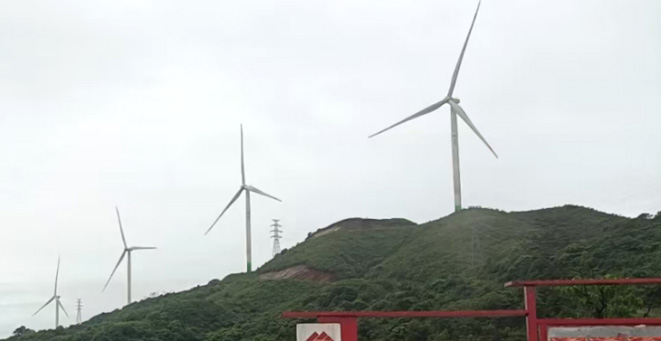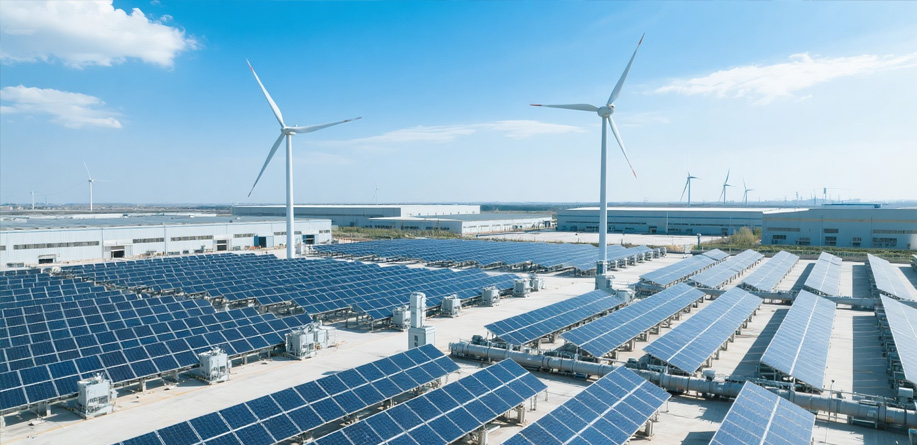
It can provide full-series products, with equipment selection following the "Two Rules", software being elastically scalable, hardware having high functional integration, and rapid supply through a sound production management system.

With 40 years of automation experience, familiar with grid connection requirements, meeting secondary protection needs, complete distributed primary & secondary equipment, core equipment independently developed, adopting digital supply chain management to ensure project timeline.

As an advanced dynamic reactive power compensation device, the SVG static var generator is primarily used to improve power quality, stabilize grid voltage, and enhance power factor, thereby ensuring stable operation of production equipment and reducing energy consumption. It is widely applied in power grids, heavy industries (such as petrochemicals, steel metallurgy, and other high-energy-consumption, high-emission industrial users), new energy sectors (wind power, PV, etc.), and other fields (airports, ports, rail transit, etc.). Key functions include: compensating system reactive power, suppressing voltage fluctuations and flicker, stabilizing transmission lines, and regulating three-phase imbalance.

The dedicated SVG for distributed PV enables dynamic reactive power compensation, precise voltage regulation, and efficient power management, serving as a critical device for stable operation of PV power stations. Capable of resolving high-proportion renewable energy grid integration and consumption challenges.

Suitable for 380V~10kV distributed generation renewable energy stations, providing millisecond-level flexible adjustment of inverters to ensure no reverse power flow and prevent surplus electricity from entering the grid, achieving "regulation instead of curtailment" to minimize energy loss.
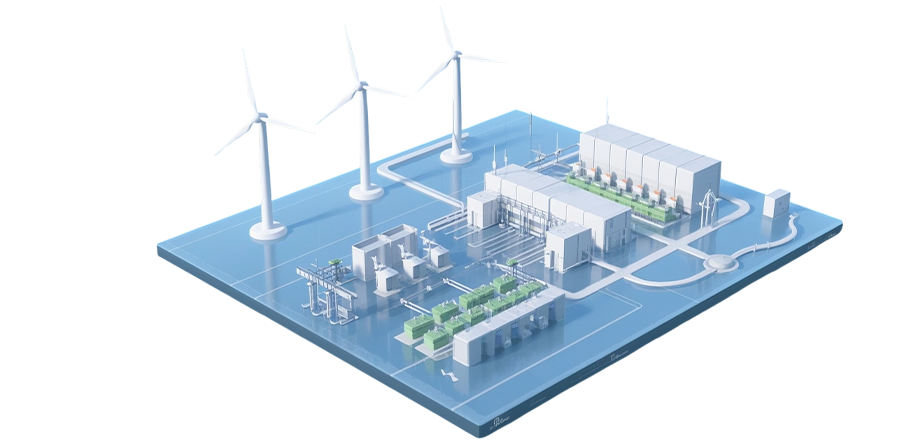
Applicable to new energy power plants of 10kV and above, meeting the requirements for inertia response, primary frequency regulation, and rapid voltage regulation in active support system construction.

Applicable to new energy power plants, collector stations, new energy grid-connected substations of various voltage levels, and DC transmission hubs, enabling high-precision measurement of synchrophasors, harmonics, interharmonics, and oscillations.

Applicable to new energy power stations of all voltage levels and installed capacities, integrating protection, measurement & control, operation control, power control, power quality monitoring, communication management, telecontrol, and information security encryption functions for new energy generation, achieving fault isolation within distributed PV power plants and visibility, measurability, adjustability, and controllability of distributed new energy generation systems at the dispatch master station.
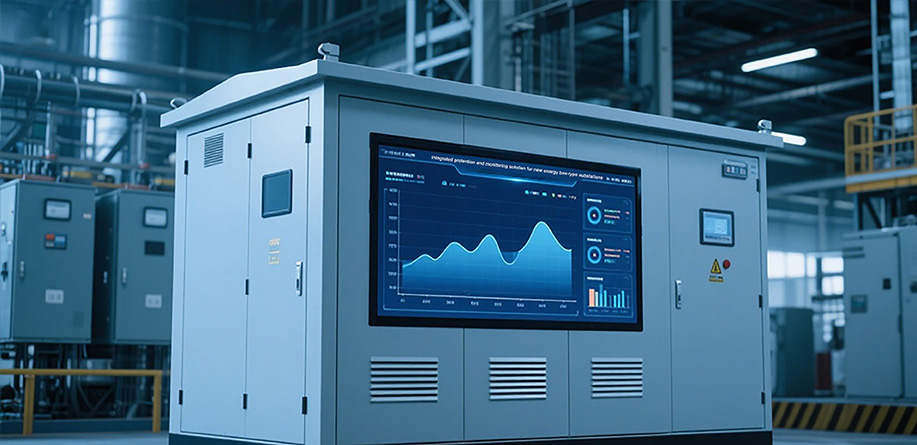
Applicable to box-type transformers in PV, wind power, and energy storage systems. By integrating protection, measurement & control, communication, and data management functions, it addresses the issues of dispersed traditional box-type substation monitoring equipment and difficult O&M, helping achieve remote unattended operation goals.

The new energy generation power prediction system is based on the "two rules" assessment analysis algorithm, aiming to reduce various assessment costs caused by new energy prediction. It achieves dynamic and timely algorithm optimization through master-substation synchronization, "adapting to changes" to dynamically address the uncertainties of new energy resources. Meanwhile, it thoroughly manages power plant operation data and assimilates multi-source meteorological data to ensure prediction accuracy from the source, reduce various assessments, and enhance the comprehensive benefits and competitiveness of power plants.

